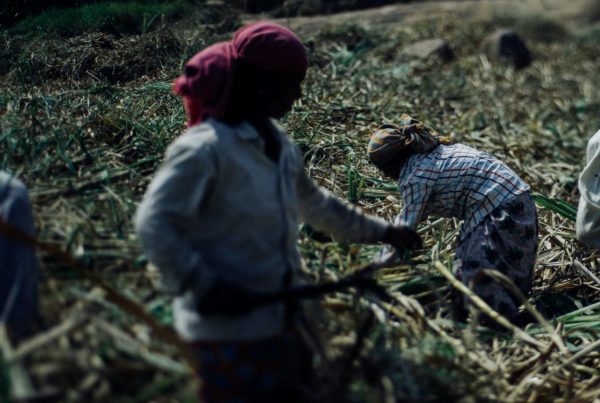Abstract
Although Van Riebeeck already produced the first wine at the Cape in 1659, the arrival of French Huguenots during 1688/89 gave considerable impetus to Cape wine production. The reasons for this remain unclear. By using quantitative production data over more than a century of European settlement, we show that a subgroup of Huguenots – specifically those originating from wine producing regions in France – produced significantly more wine and more productively than the other settlers. Standard factors of production do not explain the difference: the knowledge, skills and secrets of viticulture allowed these Huguenots to produce quality wine, an invaluable asset in the fight against scurvy on the long ship voyages between Europe and the East. These competitive advantages were passed down over generations, so that, even a century after arrival, the families with the initial advantage were still more adept at wine-making.
https://ideas.repec.org/p/sza/wpaper/wpapers128.html
Fourie, J. en Von Fintel, D., 2011. ‘n Ongelyke Oes: Die Franse Hugenote en die vroeë Kaapse wynbedryf. Tydskrif vir Geesteswetenskappe. Vol. 51(3): 332-353.






